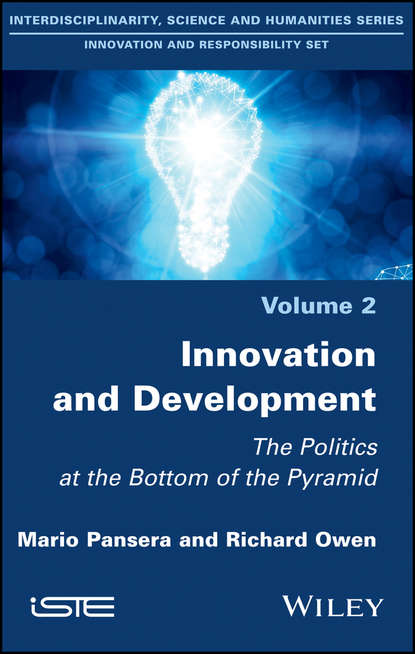
Innovation and Development. The Politics at the Bottom of the Pyramid скачать fb2
Richard Owen - Innovation and Development. The Politics at the Bottom of the Pyramid краткое содержание
Innovation, often tempered by the language of inclusion, has become an indispensable element of contemporary development policy and practice in the so-called Global South. Driven by multinational companies, public–private partnerships and social enterprises, “innovation for development” aims to co-produce social goods (things of value) such as poverty alleviation with associated profit through innovative market-led solutions, opening up untapped and unserved markets in the developing world and exploiting the potential “fortune at the bottom of the pyramid”. But innovation for development is a contested notion with the capacity to shelter multiple political agendas. By reviewing existing academic theory and discussing four in-depth case studies from Bangladesh and India, this book interrogates how innovation for development is being framed, its politics and the impacts it is having on rural communities on the ground. The analysis suggests both an emerging hegemony constructed around a neoliberal, market-led agenda and the existence of countervailing voices that question this framing, sometimes radically so.
Чтобы оставить свою оценку и/или комментарий, Вам нужно войти под своей учетной записью или зарегистрироваться




